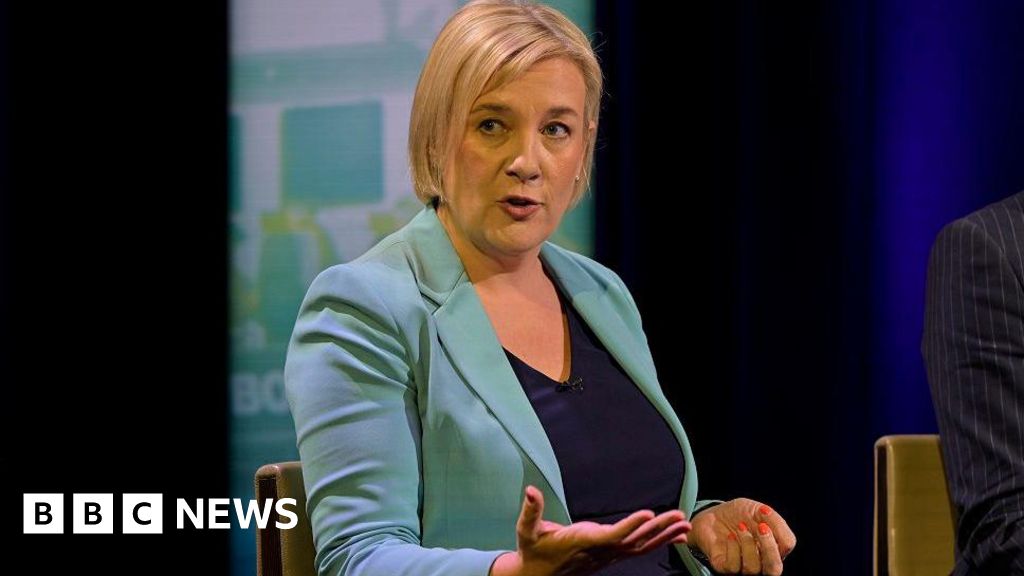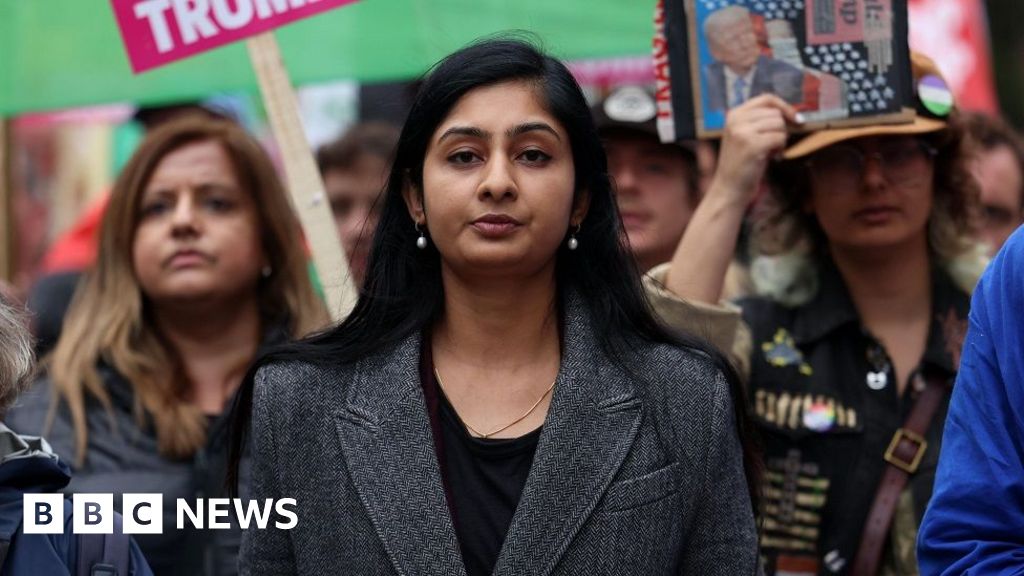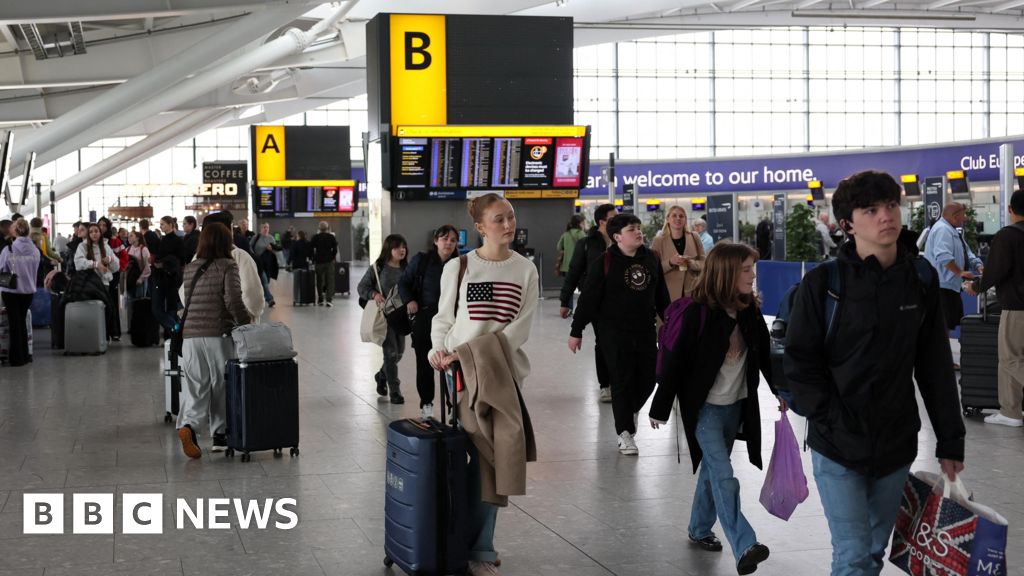Lib Dems want Nightingale processing systems to clear asylum backlog
The government should set up emergency “Nightingale processing centres” to clear the asylum backlog and reduce the use of hotels, the Liberal Democrats have said.
Lib Dem home affairs spokewoman Lisa Smart said her party would also increase the number of case workers processing asylum applications if it was in power.
The party is focusing on law and order on the first day of its annual conference in Bournemouth.
Smart is also calling for every police force in England and Wales to open counters in a wider range of venues such as supermarkets, shopping centres and libraries.
In 2023, Sir Keir Starmer proposed the setting up of temporary “Nightingale courts” to speed up the processing of asylum claims but Labour has yet to follow through on the idea in government.
The concept was born during the Covid lockdown when a network of seven Nightingale hospitals were quickly built or repurposed fom existing buildings – ready to cope with a surge in hospital admissions that threatened to swamp the NHS’s exiting facilities.
The government has said it wants to end the use of asylum hotels by 2029 at the latest and is working to reduce the backlog of asylum claims.
At the end of June 2025, around 70,500 asylum cases were pending an initial decision, down from 134,000 at the end of June 2023. according to official statistics.
Speaking to BBC Breakfast, Smart said: “We want the government to call a national emergency, under the Civil Contingencies Act the powers are there.
“We want to see Nightingale processing centres set up, increase the number of case workers processing those applications from 2,000 to 4,000, process those applications far more quickly.”
She argued this was the “right thing to do” for asylum seekers living in hotels, communities hosting hotels, and taxpayers.
The party is also calling for police desks to be opened in supermarkets, libraries and other public places to boost public confidence in policing and make it easier for people to report crime and share information.
Smart told BBC Radio 4’s Today programme that people “don’t see the police often enough” and that it “shouldn’t be as hard as it is” to give evidence.
In her conference speech, she said “too many crimes go unreported and unsolved” and her plan would put bring police “back into the heart of communities”, and make them more visible and accessible.
The Lib Dems have not specified exactly how many new counters should be opened, but its own “police desk promise”, if it was in power, would see at least one counter opened in every local council area across England and Wales.
The party says the costs of the scheme would be covered by axeing police commissioners, which the party has previously estimated cost over £100m in the four years to 2023 – cash which it has also earmarked for rural crime teams.
The Labour government has announced plans for PCC responsibilities to be taken on by a new wave of elected mayors in the coming years.
The Lib Dems say the desks would not fulfil all the functions of police stations, but would allow members of the public to share information and report crime.
This would mean they have a more extensive role than engagement centres or pop-up desks typically used by neighbourhood police teams, which are sometimes set up in places such as libraries and community centres.
Some forces have also experimented with installing touch-screen terminals in supermarkets in order to boost crime reporting rates.
Almost half of London’s remaining station front counters are set to close in an attempt to save costs. The Metropolitan Police began closing front counters in 2013.
The capital’s Labour mayor, Sir Sadiq Khan had previously pledged to retain at least one 24-hour counter in each of the 32 boroughs.
But last week he said he had changed his mind, arguing that counters were only used by “very few people” and the £7m savings generated by the cuts would be better spent on an improved command and control centre.
It comes as Lib Dem activists gather in Bournemouth for the party’s autumn conference, which will culminate in a speech on Tuesday by leader Sir Ed Davey.
The party, which won a swathe of Tory-held seats at last year’s general election to take its number of MPs to 72, is expected to use the event to try to appeal to more liberal-minded Conservative voters by presenting itself as the party of understated patriotism.
Party strategists believe this could help the party open up opportunities to take further seats off the Tories in areas such as Surrey, Hertfordshire and Devon.
However, the party also faces a battle for attention in an increasingly fragmented political landscape, with Reform UK topping opinion polls, new leadership at the Green Party, and former Labour leader Jeremy Corbyn promising to set up a new political party.




إرسال التعليق